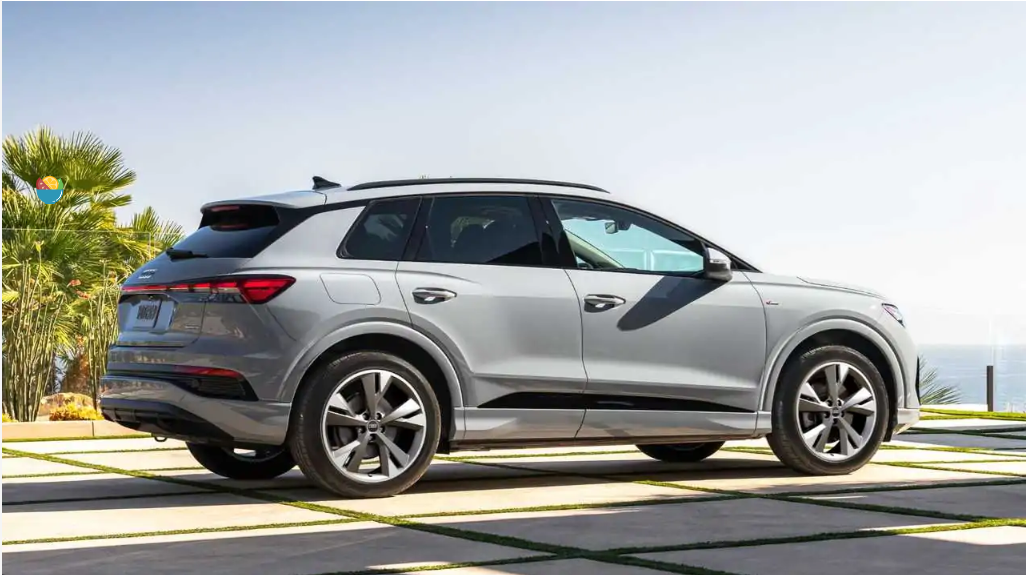 Audi reports that its global car sales during the first quarter of 2023 increased by 7.9 percent year-over-year to 415,700, although they remain significantly lower than in Q1 2021 (462,800).
Audi reports that its global car sales during the first quarter of 2023 increased by 7.9 percent year-over-year to 415,700, although they remain significantly lower than in Q1 2021 (462,800).In the case of all-electric car sales, Audi noted a noticeable improvement of 42.8 percent year-over-year to roughly 34,600 units. That's the best Q1 and the second-best quarter for battery electric vehicles (BEV) so far.
Compared to the total volume, all-electric cars represent about 8.3 percent share (compared to 6.3 percent a year ago).
Interestingly, about two-thirds of the BEV sales falls on the MEB-based Audi Q4 e-tron family (21,300). It was also the third most popular BEV model family in the Volkswagen Group during the period.
Audi BEV sales in Q1 2023:
Audi Q4 e-tron (incl. Sportback): 21,300
Audi e-tron/Q8 e-tron (incl. Sportback): 9,700
other models: 3,600
Total: 34,600 (up 43% year-over-year) and 8.3% share
including 4,438 (up 36%) in the United States
For reference, in 2022, Audi sold a total of 118,196 all-electric cars around the world (up 44 percent year-over-year), which was about 7.3 percent of the brand's total volume.
Audi BEV sales in Q1-Q4 2022:
Audi Q4 e-tron (incl. Sportback) 52,800
Audi e-tron (incl. Sportback) 51,200
other models: around 14,200
total: 118,196
Unfortunately, Audi does not provide sales results for plug-in hybrid models.
In 2023, Audi is expected to sell well over 100,000 electric cars, especially since the Audi Q8 e-tron (e-tron successor) is ramping up.
In the case of the US, Audi electric car sales might not grow as fast as in Europe and globally because the imported BEVs are not eligible for the $7,500 federal tax credit. This is why Audi is considering local production of electric cars in North America.
Gradually, there will be more and more electric Audi models. Starting in 2026, the German brand will only introduce all-electric cars to the global market. That's in line with the general trend among premium brands.